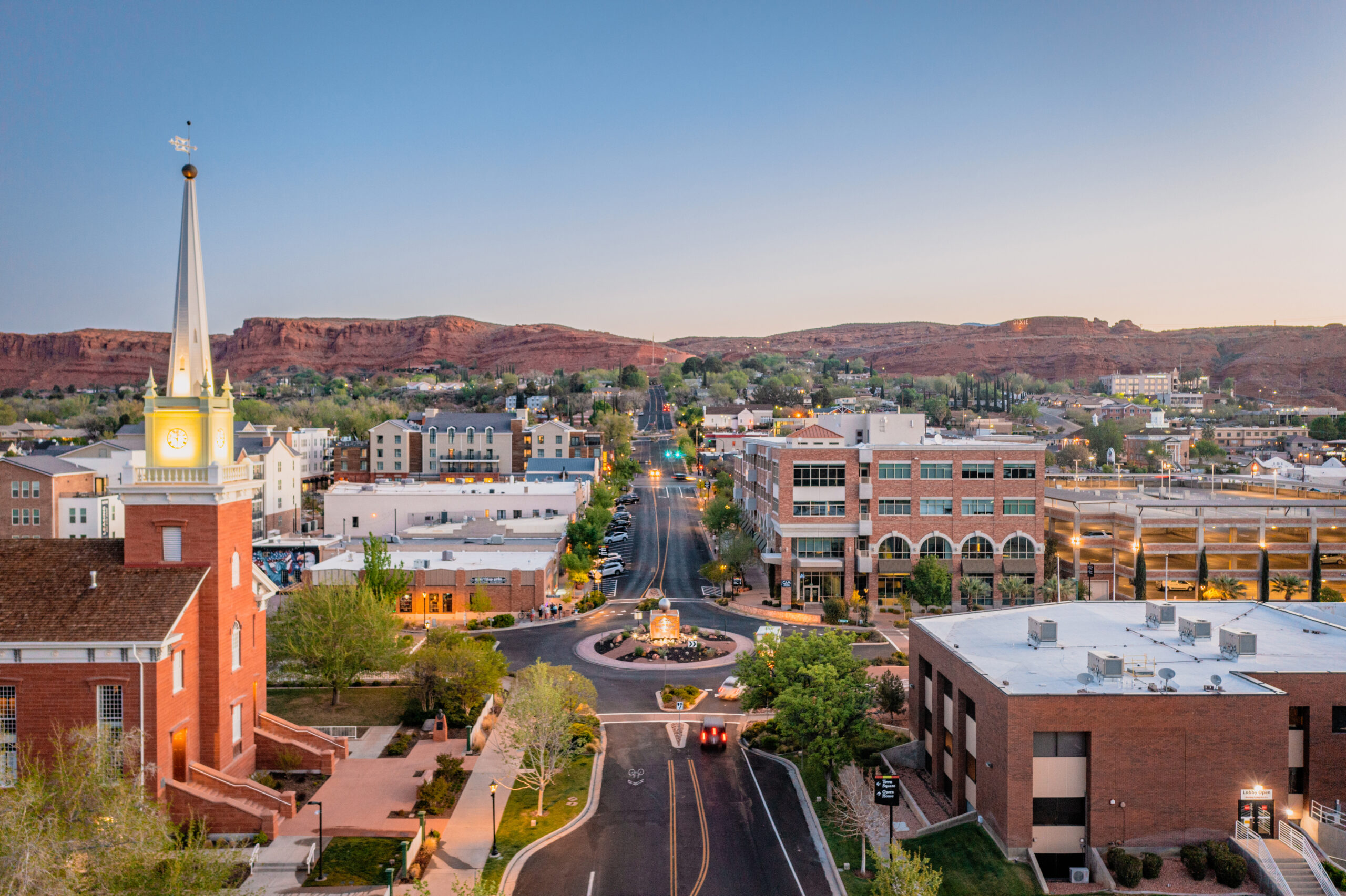Launching a business is no small feat, and choosing the right location can make or break your success. While major metropolitan areas often snag the spotlight, many smaller markets are emerging as the best small cities to start a business in 2025. Why? These cities offer unique advantages like lower costs of living, robust community support, and untapped customer bases.
WalletHub, a personal-finance platform known for its analytical studies, recently shared an in-depth report uncovering the best U.S. cities for small business success. Their findings reveal the top locations to help entrepreneurs thrive, based on factors such as business environment, labor costs, and availability of financing.
Below, we highlight the top 10 small cities for entrepreneurs, according to WalletHub.
What is considered a “small” city?
For this ranking, WalletHub chose cities with a population of between 25,000 and 100,000 residents. “City” refers to the city proper and excludes the surrounding metro area.
What makes a city ideal for entrepreneurs?
WalletHub analyzed more than 1,300 small-sized U.S. cities across 18 key metrics. These metrics fall under three primary categories:
- Business Environment (e.g., average revenue per business, the growth of small businesses, and industry diversity)
- Access to Resources (e.g., venture investment, availability of financing, and quality of educated workforce)
- Business Costs (e.g., office space affordability, labor costs, and overall cost of living)
From these factors, WalletHub assigns a composite score to each city, offering a clear picture of where entrepreneurs and small business owners are most likely to thrive.
The 10 Best Small Cities to Start a Business
1. St. George, Utah
St. George is rapidly becoming a coveted destination for small business owners. With its growing population, relatively low costs, and close proximity to Las Vegas, it offers ample opportunities for customer acquisition. The city’s entrepreneurial atmosphere is bolstered by its developing tech scene and local networking groups.
Why it stands out:
- Low property costs compared to larger cities
- A strong community of small business-friendly resources
2. Fort Myers, Florida
Fort Myers boasts robust economic development initiatives and a steady influx of young professionals. Its warm climate and bustling tourism industry also provide opportunities for ventures in retail, hospitality, and lifestyle services.
Why it stands out:
- Flourishing tourism sector
- High startup survival rates due to supportive local policies
3. Cedar City, Utah
Known for its affordable cost of living and scenic surroundings, Cedar City is attracting entrepreneurs who want to balance business with quality of life. The local government prioritizes simplifying business licensing processes, making it easy to establish operations.
Why it stands out:
- Affordable cost of doing business
- A welcoming, small-town entrepreneurial vibe
4. Washington, Utah
Washington may be small in size, but its business community is dynamic. Industries like real estate, technology, and outdoor recreation are booming. Entrepreneurs benefit from engaged local leadership and favorable business tax structures.
Why it stands out:
- Strong focus on economic growth
- Proximity to outdoor trails and tourism spots
5. Bozeman, Montana
Bozeman is a hub for adventure-loving entrepreneurs. Its outdoor industry, combined with its burgeoning tech and creative startup culture, makes it a magnet for innovation. A well-educated workforce from Montana State University further enhances its appeal.
Why it stands out:
- High levels of innovation in outdoor and tech sectors
- Access to a talented and educated workforce
6. Holland, Michigan
Holland combines small-town charm with robust infrastructure, particularly in manufacturing and logistics. Its “Pure Michigan” branding also extends to business support, with various grant programs for small businesses.
Why it stands out:
- Support from state and regional economic development programs
- Affordable real estate for both living and business operations
7. Bend, Oregon
Known for its buzzing craft beer scene and active lifestyle, Bend has grown into more than just a tourist destination. Entrepreneurs are flocking to this city for its networking opportunities, supportive small business community, and fast-growing population.
Why it stands out:
- A highly collaborative entrepreneurial community
- Opportunities in lifestyle brands, tourism, and e-commerce
8. Redmond, Oregon
A neighbor to Bend, Redmond offers similar benefits but with an even more affordable cost of living. Its fast-expanding economy is supported by local initiatives promoting sustainable business practices and innovation hubs.
Why it stands out:
- Affordable compared to nearby markets
- A growing reputation for sustainable innovation
9. Greenville, South Carolina
Greenville continues to impress small business owners with its business-friendly environment. A mix of innovative infrastructure projects and a vibrant downtown attracts entrepreneurs from across the South. It’s ideal for ventures in tech, food, and the arts.
Why it stands out:
- Thriving downtown culture and foot traffic
- Public-private partnerships supporting small businesses
10. LaGrange, Georgia
LaGrange is an up-and-coming entrepreneurial destination with a focus on industries like logistics and manufacturing. Tax incentives and affordable living costs give entrepreneurs plenty of breathing room to grow their businesses from the ground up.
Why it stands out:
- Strategic location near Atlanta for logistics and trade
- Business-friendly tax policies
Where does your city rank?
Whether you’re considering relocating or finding data to support your business expansion, exploring city rankings is a smart move. Check out WalletHub’s detailed analysis to see where your city ranks for small business success. It might just surprise you.






